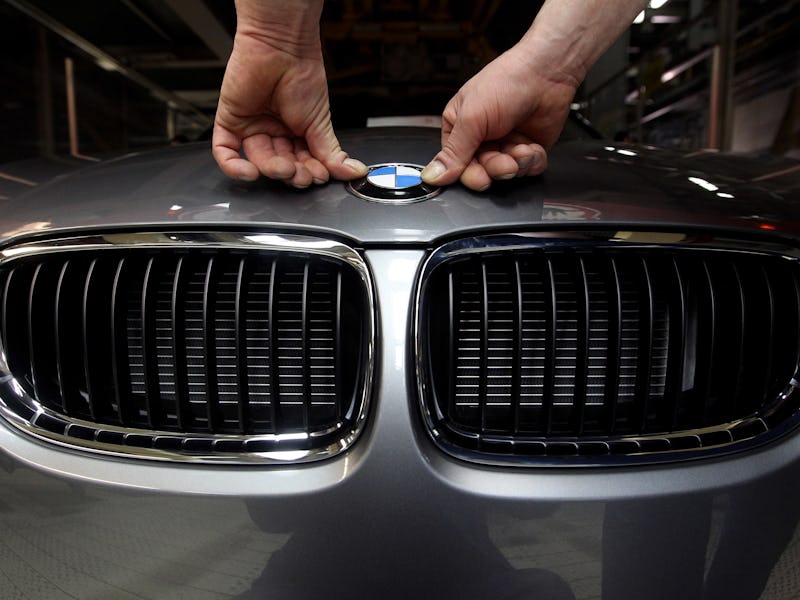Self-Driving BMWs Have Hit the Crowded Streets of Beijing
China moves forward with driverless cars.

Baidu, China’s search engine behemoth, has successfully completed a test of its driverless car in Beijing. Chinese traffic is notoriously snarly, and Chinese regulation, perhaps less notoriously, authoritative, so it’s plausible to see a scenario where government mandates allow automated car manufacturers to boldly plow forward. Until now, however, China has been wary of letting driverless cars on the road.
Though they haven’t been on the road for long, the cars have already had some close calls. Baidu lead scientist Andrew Ng was in the car when another vehicle swerved out in front, but the computer autonomously hit the breaks, avoiding a collision.
“If I had been driving, we would have hit the car in front,” he tells the MIT Technology Review.
In developing the car, Baidu converted BMW 3 Series. Driving is “highly automated” and road information processed by the computer has errors of only a few centimeters, according to the BBC.
Where the Tesla and other companies are making progress in small steps — Tesla’s autopilot is more “hands off for a moment,” rather than completely “no hands” — Baidu is moving forward with complete automation from the get-go. The company hasn’t declared a price or release date yet, but envisions them in public use in under five years.